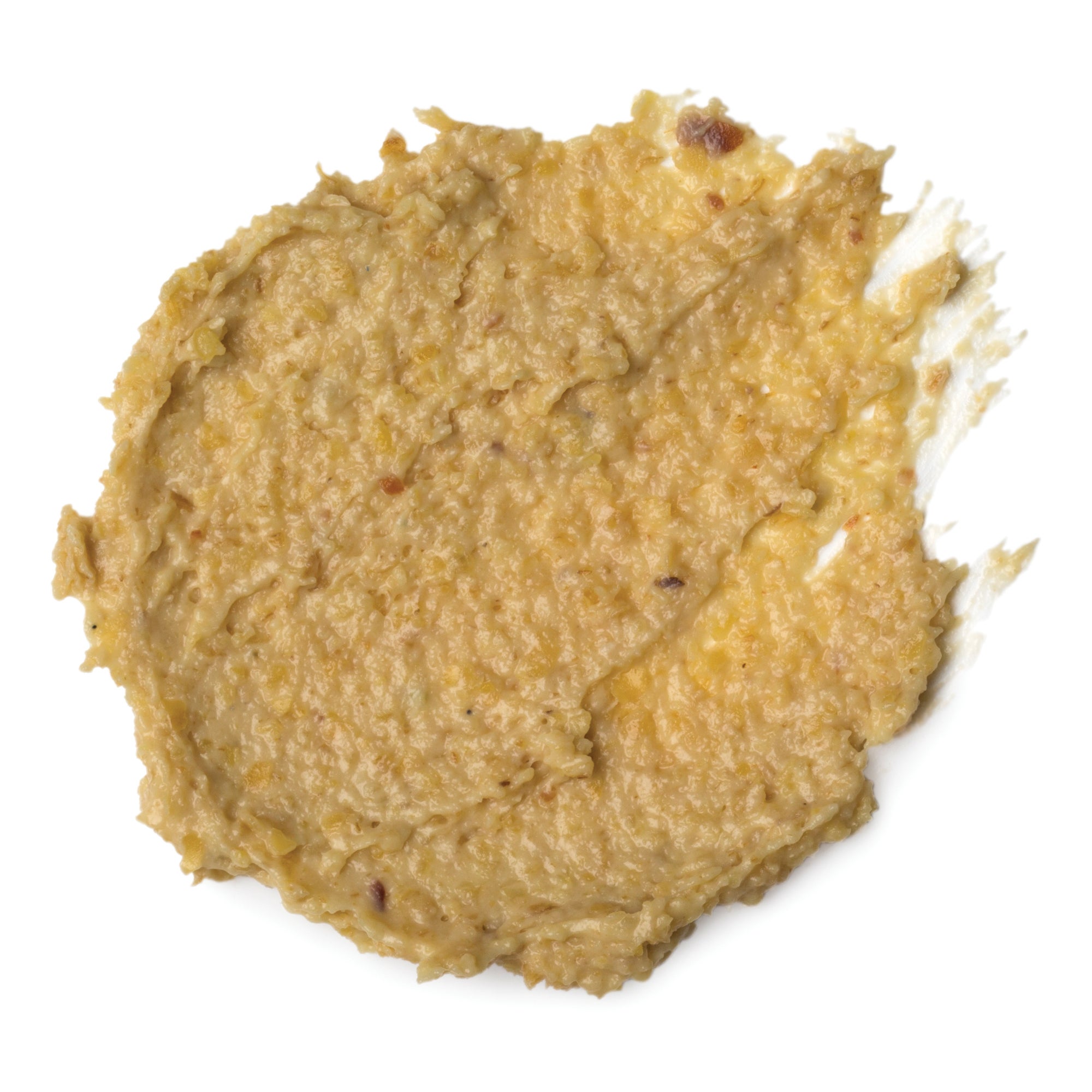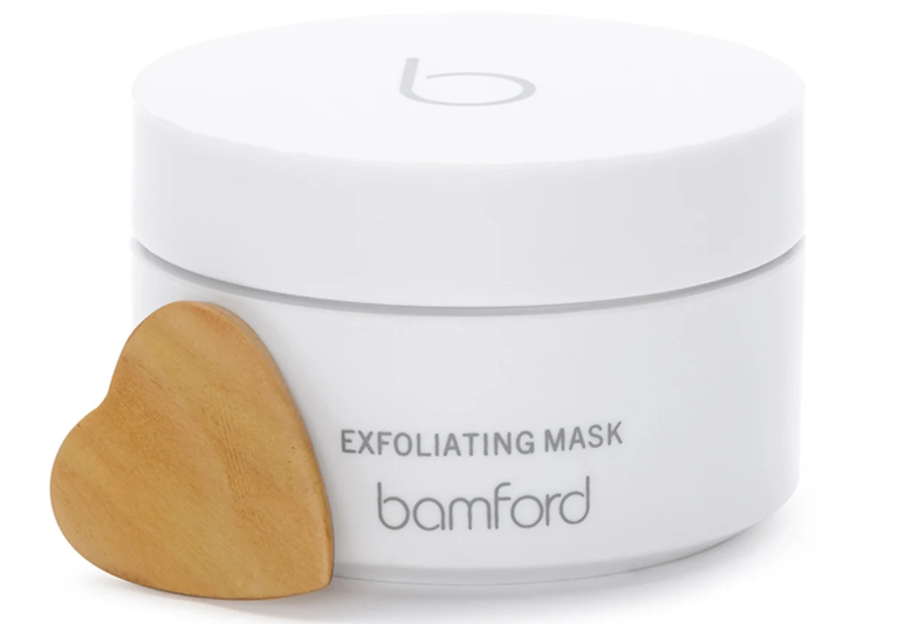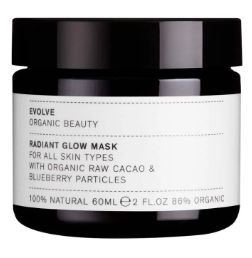The Bad News About ‘Biodegradable’ Sheet Masks
There's no denying the increasing popularity of sheet masks over the years. Relaxing, soothing and packed with skin-transforming ingredients such as vitamin C and retinol, it's no wonder the hot Korean beauty buy has become a weekly must-have in many Western beauty regimes.
While experts and skincare obsessives alike extol the virtues of a good sheet mask, we all acknowledge that they are a single-use product. Amid the ongoing climate crisis, many of us are already actively seeking out reusable, eco-friendly replacements for our mainstays, such as shampoo bars and metal safety razors. So why not sheet masks?
AdvertisementADVERTISEMENT
It might surprise you to know that the majority of popular sheet masks on the market are made from paper (with a thin plastic film and plastic packaging) or plastic microfibres and I don't have to tell you that once these end up in landfill, they stay there. In a bid to go green, however, brands are producing eco-friendly biodegradable options. Another quick search shows that such alternatives are usually made of cotton or bio-cellulose: a natural fibre with a gel-like texture, derived from a strain of bacteria. By opting for these biodegradable options, we as consumers believe that we are making better choices. But is this really the case?
Consider the outer packaging
Firstly, it is worth noting that biodegradable sheet masks are usually sold individually – and sometimes in plastic packaging. "Considering that packaging is probably the biggest environmental challenge that we face in the personal care space, you could argue [sheet masks] are just as damaging to the environment as face wipes," points out Jen Novakovich, environmentalist, cosmetic chemist and director of The Eco Well, a website that aims to make information about sustainability in cosmetics more accessible to the public.
Although it can be argued that sheet masks are used less frequently than wet wipes, the amount of packaging per use is substantially higher. Not only are sheet masks usually packaged in plastic, they often also come with plastic backing which you peel off and discard.
AdvertisementADVERTISEMENT
It pays to think about the material of the mask itself, too. A popular 'eco-alternative' option for sheet masks marketed as biodegradable is cotton. Sandrine Henry de Hassonville, a pharmaceutical scientist and founder of eco-beauty brand No Secrets Cosmetics, raises the concern that the cotton industry is "hideously polluting". Studies suggest that the process of manufacturing cotton involves a considerable amount of energy and water. According to WWF, it takes 2,700 litres of water to produce a single cotton T-shirt. Unlike a T-shirt, however, sheet masks are intended as single-use products.
Sandrine also argues that even most organic types of cotton, typically grown without chemical pesticides or fertilisers, aren't great for the environment. Research shows that non-GMO cotton may not grow as plentifully as its aided counterpart and that more land and water may be needed to produce an equivalent amount. That said, the true impact on the environment is unknown, as research is still quite scarce. You might ask, Will the cotton at least biodegrade? Well, not necessarily.
Landfill often doesn't provide the best conditions for material to biodegrade
The way we process our waste is highly important. Jen says: "When waste ends up in landfill, it doesn't matter whether it is biodegradable or not." For organic materials to biodegrade, they need to be broken down by living organisms found in the dirt (bacteria or other microbes, for example) and oxygen helps speed this process up. Unfortunately, research suggests that current landfill conditions don't provide the right environment to break down such materials. In other words, there is a good chance that the 'biodegradable' face mask you threw in the bin could actually outlive you.
AdvertisementADVERTISEMENT
“
When waste ends up in landfill, it doesn't matter whether it is biodegradable or not.
Jen Novakovich, environmentalist & Director of The Eco Well
”
This is a huge area of greenwashing, according to Jen. "Legally something may be compostable or biodegradable, but it will not necessarily degrade in your backyard or landfill," she told R29. Despite the landfill issue, the best way to dispose of these products is still your regular rubbish bin as material soaked in product would not be recyclable.
The ingredients matter
It's also worth paying attention to the ingredients list of your 'biodegradable' sheet mask, as certain components could be problematic from an environmental perspective. Brianne West, CEO and founder of Ethique, the world's first zero-waste beauty brand, highlights propylene and butylene glycol in particular as potentially environmentally harmful ingredients. These compounds are "usually petroleum by-products and unsustainable," she mentions.
Essential oils, often used in 'biodegradable' sheet masks, also run the risk of being unsustainable but this goes for all skincare, including fragrance. Rosewood in particular is an endangered crop. Lush mentions that CITES, the international body for protecting endangered species, requires at the very least close regulation on rosewood, and in some instances a complete ban on trade. "Due to the huge amount of plant material needed to extract a single pound of essential oils, many of them would arguably not be sustainable," Jen points out.
Face masks aren't all bad
Unfortunately, no single-use product can really be considered a sustainable option, despite the way it is marketed. But don't write masks off entirely. For those with skin concerns such as acne, pigmentation and excess oiliness, face masks are often incredibly beneficial, something the experts can vouch for. Ultimately, a tub or tube of product which provides multiple applications is a much more environmentally friendly alternative, especially if you can wash and recycle the packaging, or if the brand offers a refill scheme. The pros second this, with Brianne adding that if you're looking for a relatively waste-free face mask, use one without a sheet.
I'd recommend cruelty-free options, such as Evolve Radiant Glow Organic Face Mask, £24, which contains clay to absorb excess oil. Also try Bamford Exoliating Mask, £60, which chips away at dead skin cells with fruit enzymes and is gentle on all skin types, and Lush Oatifix Fresh Face Mask, £9, with oatmeal and butters to nourish and soften skin prone to dryness.
AdvertisementADVERTISEMENT









